You have been wanting to own a home for some time. Now, you hear that a new property area is being developed in the location you’ve always dreamed of.
It’s near your workplace, with charming cafes nearby and easy access to shopping centers and public transport.
However, there is a challenge: the houses are still being built and are only in the early stages. Heavy construction is ongoing, and the completion date is unclear.
This leads to a dilemma: “Should I go ahead and put down a deposit on this new property, even though I’m unsure of what it will eventually look like? Should I take a leap of faith and invest despite the uncertainty?”
Understand that investing in under-construction homes can offer both attractive opportunities and significant risks, as they come with uncertainties that need to be carefully considered.
Here’s what you should know before investing in a home that is still under construction.
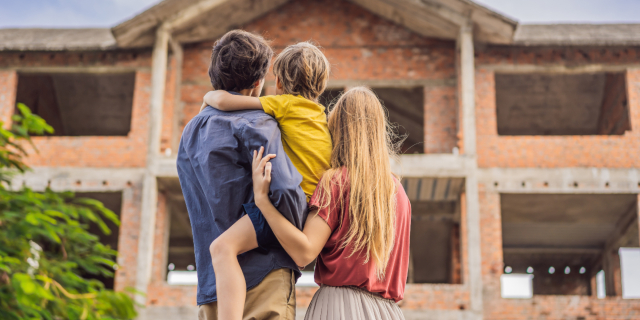
Pros & Cons: Investing in Under-Construction Property
The Good Side
1. Lower Purchase Price
Investing in an under-construction home or semi-complete home can be particularly appealing due to the possibility of a lower purchase price.
Since the property isn’t fully finished, developers or sellers might provide substantial discounts, allowing buyers to secure real estate for much less than a fully completed home.
For under-con properties, you usually just need to cover the booking fee, which can range from around RM 1,000 to RM 15,000. (Of course, this can change based on market trends each year.)
Those looking to enhance their return on investment (ROI), this presents a great opportunity, as the lower upfront cost can result in greater profit margins when the home is eventually completed and either sold or rented out.
2. Customization Potential
When buying an under-construction home, buyers usually have a say in the final design and finishes.
This includes selecting flooring materials, paint colours, kitchen and bathroom fixtures, or even altering the layout to meet specific needs!
For homeowners, it’s a great opportunity to shape a property that matches their style without having to build from the ground up, especially if the existing structure is already close to what they envision.
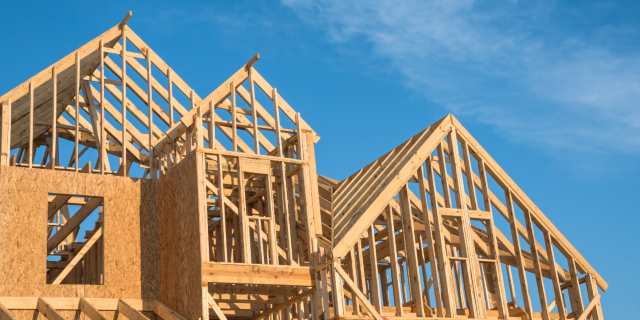
3. Higher Returns
Investing in a property that’s still being built can often lead to better returns because there’s a longer gap between when you buy it and when it’s ready.
If you decide to sell once you get the Occupation Certificate, you could see a nice increase in the value of your investment.
4. Less Competition
There may be less competition for semi-completed homes or homes that are still under construction, compared to fully finished properties, as many home seekers are wary of purchasing homes that aren’t finished, fearing hidden issues or prolonged timelines.
This lower demand can give investors a stronger position to negotiate, helping them snag better deals!
5. Improved Market Value Post-Completion
This is a big plus for anyone looking to get into the rental business!
When the house is finally completed, its market value can really shoot up, especially if it’s in a growing neighbourhood.
You can boost its value with updates and changes that align with what buyers want today. Often, the increase in value from completing a home can be greater than the original investment.
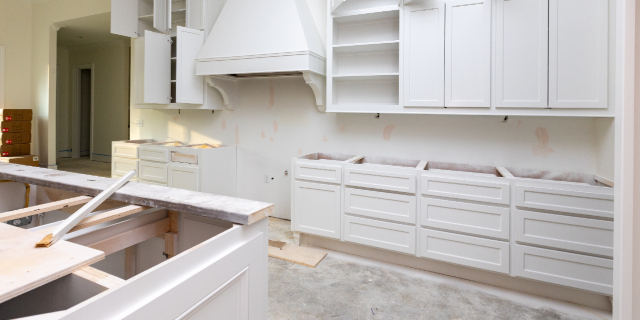
The Bad Side
1. Higher Risk of Abandonment
Investing in a project that is still under construction carries some level of risk.
There have been instances where builders failed to meet deadlines or worse, completely abandoned the property project.
This can happen for a variety of reasons, including financial difficulties, rising costs of construction materials, and increased interest rates.
Therefore, it’s imperative to do detailed research on the builder’s background before making any investment in an under-construction project.
(If you’re already dealing with the monthly interest that keeps piling up, you better hope that the developer doesn’t suddenly ghost and flee away with your cash).
2. Uncertainty Around Completion Timeline
Although the idea of owning a ‘brand-new’ home is exciting, the timeline for its completion can often be uncertain.
Delays may arise from contractor schedules, funding challenges, or permit issues. This unpredictability can affect financial forecasts and result in higher carrying costs, including mortgage payments, insurance, and property taxes.
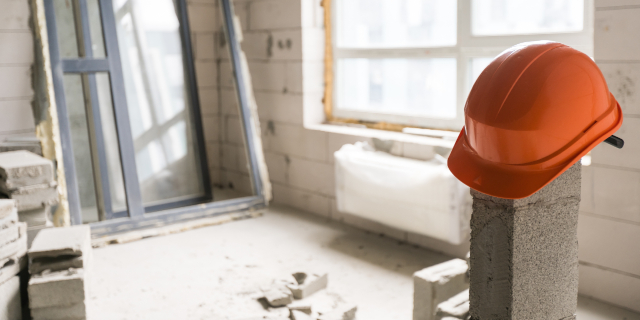
3. Quality and Safety Concerns
Not every home is constructed with the same level of quality, and there could be hidden issues with the building.
It’s wise to verify that the construction company provides truthful outcomes and adheres to local building codes. Bad construction can result in expensive repairs and safety risks, particularly if shortcuts were taken during the original build.
Inspect and evaluate the property before agreeing to purchase, as unseen problems could lead to significant risks later.
4. Legal and Compliance Risks
Which leads to the next point, which is potential expose to legal complications.
If the property is not properly permitted or does not meet local zoning laws, you may find yourself dealing with legal disputes, fines, or forced renovations to bring the home into compliance.
Additionally, there could be outstanding issues with contractors that could complicate the transfer of ownership.
Again, double check the property’s legal standing and ensure that all permits and approvals are in place before investing in under construction homes.
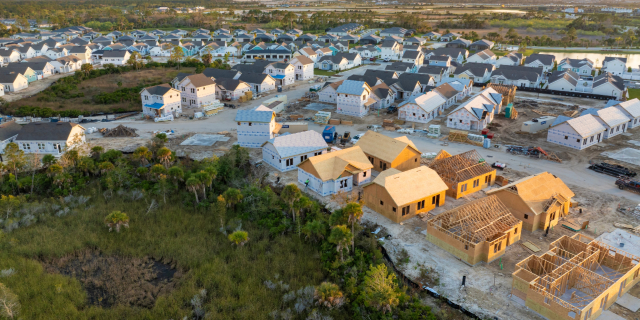
5. Market Risks and Uncertain Resale Value
While a new construction home may offer potential for increased value once finished, the real estate market can be unpredictable.
The property’s value may not appreciate as expected, especially if the market experiences a downturn or if the home’s location becomes less desirable over time.
If you are planning to sell the home after completion, there is always a risk that the final resale value will not justify the investment made in completing the home.
Furthermore, changes in market conditions during the construction period—such as a shift in buyer preferences or an increase in interest rates—can impact the sale price.
Mistakes To Avoid
1. Neglecting Inspection
One of the biggest mistakes you can make is neglecting a thorough inspection of the semi-completed home.
Simply assuming that everything is in order because the property is “almost finished” can lead to costly surprises.
Always hire a professional inspector who can assess the structural integrity of systems like electrical, plumbing, HVAC and others.
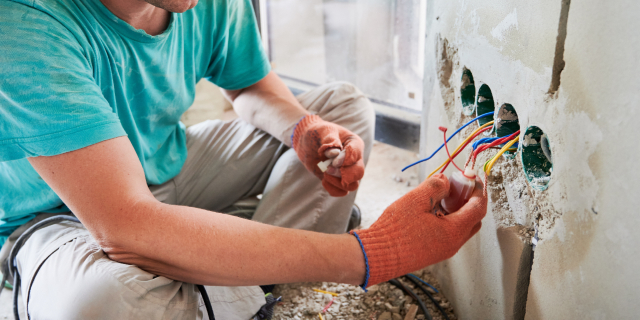
2. Underestimating Completion Costs
It’s common to underestimate the expenses involved in completing a home, leading many investors to miscalculate the total costs.
To avoid this mistake, get detailed quotation from contractors and professionals who can help you assess the total cost of finishing the construction.
Add a buffer for unforeseen expenses to ensure you’re financially prepared.
Consider: The total cost you need to cover, the 10% down payment, legal fees, rebates, cashback, and other hidden inspection, all of these are often hidden in the selling price and may be added to your mortgage loan.
3. Not Verifying Legal and Compliance Status
Never assume that the property is in good legal standing simply because it’s ‘under construction’.
Always verify that the necessary permits and zoning requirements are in place. Make sure the previous owner or developer hasn’t left any unresolved legal issues.
Doing this will help you avoid costly legal battles or the need to redo work to meet code requirements.
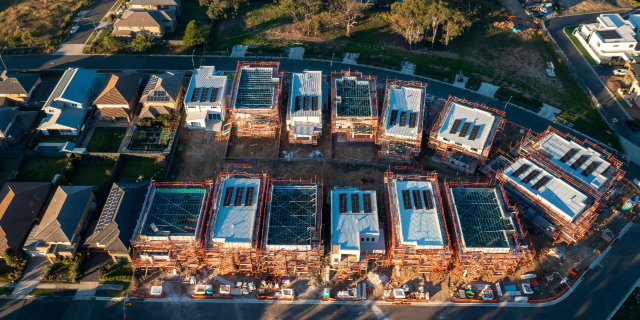
4. Ignoring Market Conditions
Even if a semi-complete home seems like a bargain, don’t forget to consider the broader market conditions.
In some markets, the value of a property may not increase significantly after completion, or the cost of finishing might outweigh the potential profit.
Always conduct a thorough market analysis before purchasing to ensure that your investment will yield a positive return.
5. Fail to Plan Ahead
If the property is delayed in terms of completion or if you’re facing long construction timelines, make sure you’ve planned your finances accordingly.
Anticipate potential holding costs, such as loan repayments, insurance, and property taxes, and ensure you have the liquidity to cover these expenses during the construction phase.
Investing in an under-construction home can offer enticing opportunities, but it also presents significant risks.
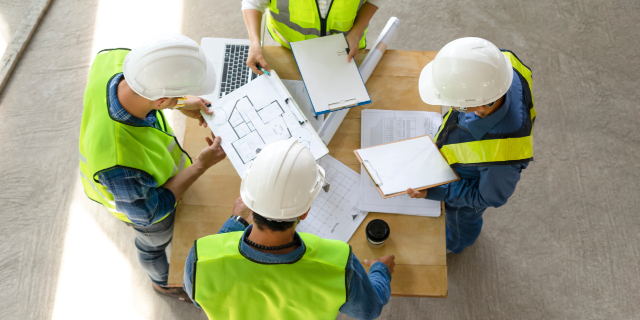
Uncertainty around completion timelines, unexpected costs, quality issues, financing difficulties, legal complications, and fluctuating market conditions can all turn a seemingly profitable investment into a challenging and costly endeavor.
As our IQI Agent from AG Group, Putera Amirul Haziq suggestsed, home investors should conduct thorough due diligence, carefully assess the property’s condition, and look for potential risks to ensure they are making a sound financial decision.
Considering investing in real estate but unsure where to begin? At IQI, we provide comprehensive assistance, from locating a great property to helping you secure your ideal home. Contact us today!
